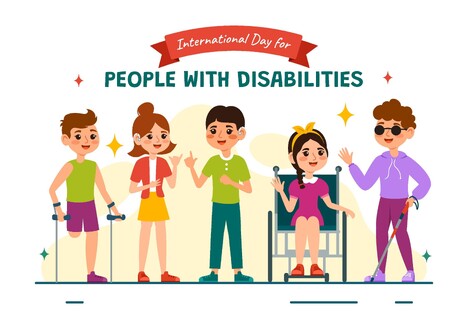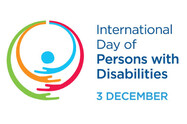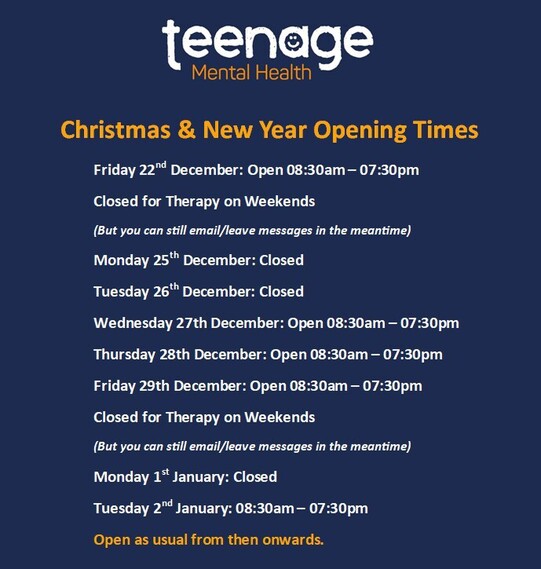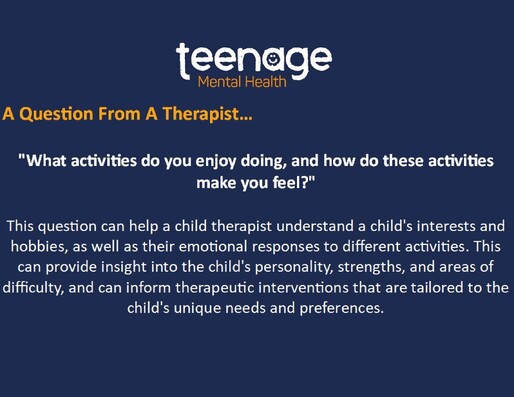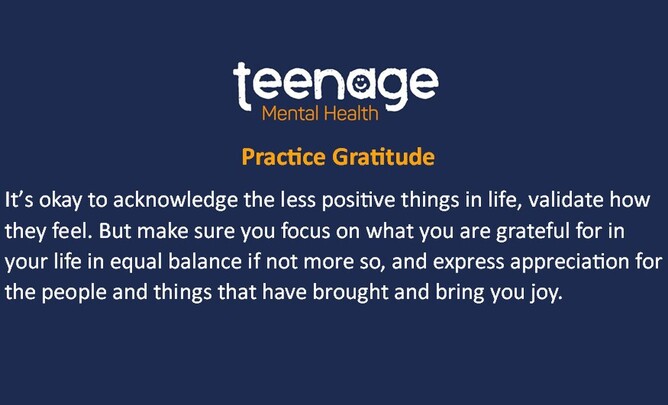Disabled People and Their Mental Health
Disabled people often face a range of mental health challenges, including depression, anxiety, and stress. These challenges can stem from a variety of factors, including social isolation, financial stress, and physical limitations. Unfortunately, many disabled individuals struggle to access mental health resources due to a lack of available services, financial constraints, and societal stigmatisation.
In this blog post, we will explore the mental health challenges that disabled individuals face and offer strategies for addressing these issues.
The mental health challenges faced by disabled individuals.
Disabled individuals are at increased risk for developing mental health problems due to the many barriers they face in accessing healthcare services. These barriers can include transportation difficulties, physical limitations, and financial constraints. Additionally, societal stigmatisation and discrimination can cause feelings of isolation and shame, further exacerbating mental health issues.
Disabled individuals may also experience chronic pain, which can have a significant impact on their mental health. Pain can lead to feelings of frustration, hopelessness, and despair, making it difficult for individuals to cope with their disabilities.
Strategies for addressing mental health challenges in disabled individuals.
Access to mental health services
One of the most significant barriers to accessing mental health services for disabled individuals is a lack of availability. Healthcare providers must prioritise accessible mental health care for individuals with disabilities, including wheelchair access, sign language interpretation, and telehealth options.
Addressing financial barriers
Disabled individuals may struggle to afford mental health care, as they often face financial challenges related to their disabilities. Health insurance providers should offer comprehensive coverage for mental health services to ensure that disabled individuals can access the care they need.
Addressing societal stigmatisation
Disabled individuals often face stigma and discrimination, which can have a significant impact on their mental health. Addressing societal stigmatisation requires a comprehensive approach, including education, advocacy, and policy change.
Encouraging physical activity
Physical activity can help individuals manage stress, anxiety, and depression. Encouraging disabled individuals to engage in physical activity that is safe and appropriate for their disabilities can be a helpful strategy for managing mental health challenges.
Disabled individuals face significant mental health challenges due to a range of factors, including limited access to healthcare services, financial barriers, societal stigmatisation, and physical limitations. Addressing these challenges requires a comprehensive approach, including prioritising accessible mental health services, addressing financial barriers, and advocating for policy change.
Additionally, promoting physical activity can help individuals manage stress, anxiety, and depression. By prioritising mental health care for disabled individuals, we can work to ensure that everyone has access to the care they need to live fulfilling, healthy lives.
At TMH we feel it’s important to continue thinking of those with disability for many reasons.
For example, did you know it is International Day of Persons with Disabilities, 3 December? There are indications that the world is even more off-track in meeting several SDGs for persons with disabilities according to preliminary findings from the forthcoming UN Disability and Development Report 2023 in meeting Sustainable Development Goals (SDGs) targets by 2030 https://www.un.org/en/observances/day-of-persons-with-disabilities.
Thoughts on Christmas
The holiday season can be a joyful and exciting time, but it can also be a stressful and overwhelming period, especially for teenagers. While Christmas is often associated with fun, gifts, and family gatherings, it can also have a significant impact on a teenager's mental health.
For many teenagers, Christmas means facing high expectations and pressure to perform. They may feel overwhelmed by the need to find the perfect gifts, attend social events, and participate in family traditions. This can lead to anxiety, depression, and feelings of inadequacy. In addition, the holiday season can disrupt regular routines, causing sleep disturbances and irritability.
Furthermore, the financial burden of Christmas can take a toll on teenagers' mental health. The pressure to purchase gifts and participate in activities can cause financial stress for both teenagers and their families. This can lead to feelings of guilt, shame, and inadequacy, which can exacerbate existing mental health conditions.
On the other hand, Christmas can also have a positive impact on a teenager's mental health. The holiday season offers opportunities for socialising, making new friends, and strengthening existing relationships. Participating in charitable activities can also boost a teenager's self-esteem and provide a sense of purpose.
To promote good mental health during the holiday season, teenagers should prioritise self-care and establish healthy boundaries. They should take time for themselves, practice mindfulness and relaxation techniques, and seek support from trusted friends and family members. Parents can also play a role in supporting their teenagers by encouraging healthy habits, reducing stress, and managing expectations.
While Christmas can be a joyful time for many, it can also be a challenging period for teenagers. By prioritising mental health and self-care, teenagers can navigate the holiday season with ease and enjoy the festivities.
Interesting Fact
One interesting fact about Christmas and mental health is that the tradition of giving gifts can have a positive impact on mental well-being. Research has shown that giving gifts to others can boost mood, reduce stress, and improve overall happiness.
The act of gift-giving triggers the release of endorphins, which are chemicals in the brain that create feelings of pleasure and happiness. In addition, the act of giving can create a sense of connection and social support, which can improve mental health and reduce feelings of loneliness or isolation.
Furthermore, giving gifts to others can also boost self-esteem and provide a sense of purpose or meaning. The act of giving can create a sense of accomplishment and satisfaction, which can improve mental well-being and reduce symptoms of depression or anxiety.
However, it is important to note that gift-giving should be done in a healthy and balanced way. Overspending or feeling pressure to give expensive gifts can lead to financial stress and anxiety. Instead, focusing on thoughtful and meaningful gifts, or engaging in alternative forms of giving, such as volunteering or donating to charity, can have a positive impact on mental health without creating undue stress.
The act of giving gifts during Christmas can have a positive impact on mental well-being by boosting mood, reducing stress, and creating a sense of connection and purpose. By engaging in healthy and balanced gift-giving practices, individuals can promote good mental health during the holiday season.
Book Recommendation
"Depression and Your Child"
By Deborah Serani is a comprehensive guide offering support and insights for parents and caregivers navigating the complexities of depression in children. Serani combines professional expertise with empathy, providing practical advice to help families understand, cope, and support their child's mental health journey.
A Final Note
As we embrace the new year, let's embark on a journey of self-care and compassion. Take a moment to prioritise your mental health and extend that kindness to all others. In a world where many celebrate diversity, let's make a pledge to be kind to all—regardless of differences in faith, heritage, culture, appearance, political beliefs, age, gender, taste in Christmas decorations or feelings about pineapple on pizza.
Remember, Teenage Mental Health’s doors open to welcome all individuals, of all ages, you can be 2 or 102! Whether you're a family seeking support, a couple navigating challenges, a teenager facing struggles or a younger child in distress, Teenage Mental Health is here for you. Together, let's make this year a testament to empathy, understanding, and collective well-being.
Wishing you a Christmas filled with warmth, joy, and moments of peace.
May this festive season bring comfort to your hearts and strength to your spirits. Thank you for being part of our Teenage Mental Health community. We look forward to supporting patients and our community in the coming year. Merry Christmas and a Happy New Year!

